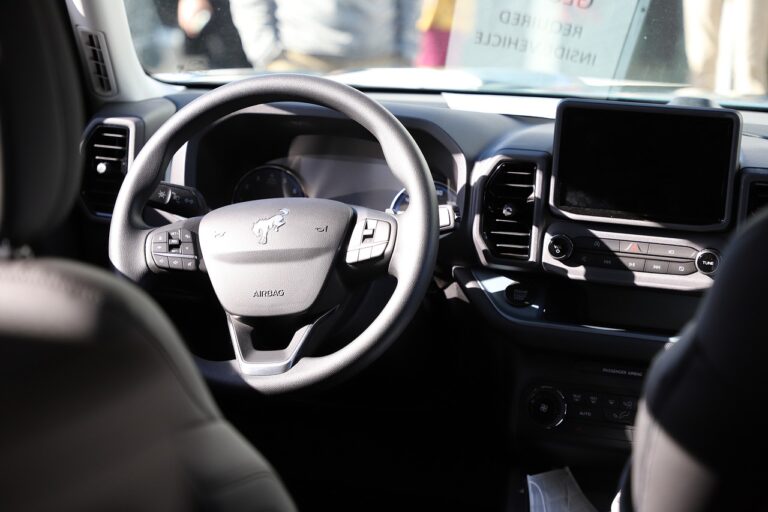The Impact of Autonomous Vehicle Technology on Military and Defense Applications
Autonomous vehicle technology has revolutionized military operations by offering advanced capabilities and enhancing efficiency on the battlefield. These vehicles can be deployed for various tasks such as reconnaissance, surveillance, convoy operations, and supply chain management. With the ability to operate without direct human intervention, autonomous vehicles provide a strategic advantage by reducing the risks to military personnel and increasing operational tempo.
The integration of autonomous vehicles in military operations also improves decision-making processes by providing real-time data and enhancing situational awareness. By utilizing artificial intelligence and sensor technologies, these vehicles can navigate complex terrains, adapt to changing environments, and execute missions with precision. As the technology continues to evolve, the military is increasingly relying on autonomous vehicles to fulfill a wide range of tasks, from patrolling hostile territories to delivering supplies to remote locations.
Autonomous vehicles offer advanced capabilities and enhance efficiency on the battlefield
Can be deployed for tasks such as reconnaissance, surveillance, convoy operations, and supply chain management
Provide a strategic advantage by reducing risks to military personnel and increasing operational tempo
Improve decision-making processes by providing real-time data and enhancing situational awareness
Utilize artificial intelligence and sensor technologies to navigate complex terrains and execute missions with precision
Benefits of Using Autonomous Vehicles in Defense Applications
Autonomous vehicles offer significant advantages in defense applications. These vehicles can be programmed to operate without the need for constant human intervention, allowing troops to focus on other critical tasks. Additionally, autonomous vehicles can be deployed in high-risk environments, reducing the exposure of military personnel to danger.
Moreover, the use of autonomous vehicles in defense applications can enhance operational efficiency by allowing for continuous surveillance and reconnaissance missions. These vehicles can gather and transmit real-time data, providing commanders with up-to-date information for informed decision-making. Ultimately, the integration of autonomous vehicles in military operations can lead to improved strategic planning and overall mission success.
Challenges Faced in Implementing Autonomous Vehicles in Military Settings
As autonomous vehicles continue to be integrated into military operations, there are several challenges that need to be addressed. One major hurdle is ensuring the security and resilience of these vehicles against cyber threats. With the increasing reliance on technology, the risk of these unmanned systems being compromised by malicious actors is a significant concern.
Additionally, there is a pressing need to establish clear regulations and guidelines surrounding the use of autonomous vehicles in military settings. Without proper governance in place, issues related to accountability, liability, and ethical considerations may arise, leading to potential legal and moral dilemmas. It is crucial for policymakers and military leaders to work collaboratively to establish robust frameworks that govern the deployment and use of autonomous vehicles in defense applications.
What role does autonomous vehicle technology play in military operations?
Autonomous vehicle technology is increasingly being used in military settings to enhance efficiency, reduce risks to personnel, and improve overall mission success.
What are some benefits of using autonomous vehicles in defense applications?
Some benefits of using autonomous vehicles in defense applications include increased safety for military personnel, enhanced intelligence gathering capabilities, and improved response times in critical situations.
What are some of the challenges faced in implementing autonomous vehicles in military settings?
Some challenges in implementing autonomous vehicles in military settings include ensuring the security of the technology from cyber threats, overcoming legal and ethical concerns related to autonomous systems, and addressing interoperability issues with existing military equipment.







